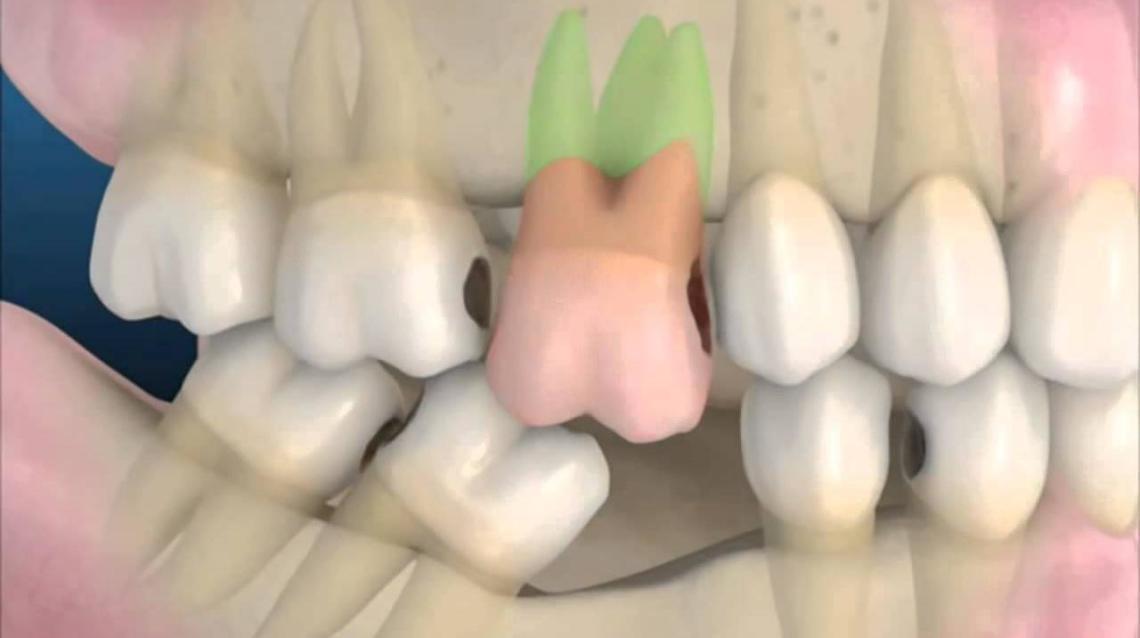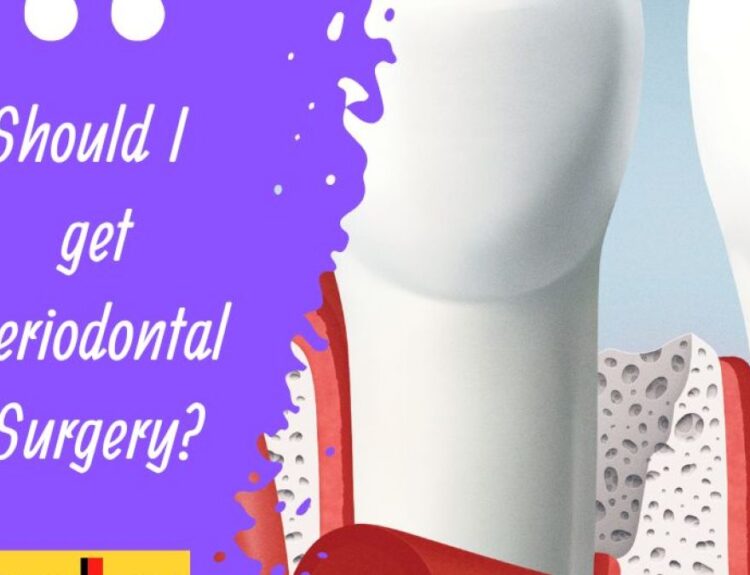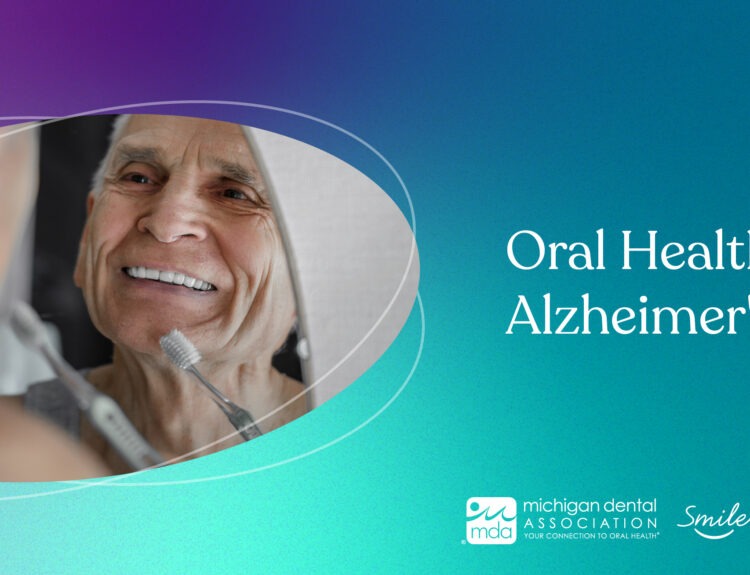Replacement of an early tooth loss is essential to replace immediately. Tooth extraction is sometimes a necessary intervention in dental care, especially when a tooth is severely decayed, infected, or damaged beyond repair. However, the journey shouldn’t end there. One of the most overlooked aspects of post-extraction care is timely tooth replacement. When a tooth is removed prematurely, due to trauma, infection, or gum disease, and not replaced promptly, it can set off a chain of oral and general health issues that may not be immediately obvious.
Following are the consequences of delaying the replacement of an untimely extracted tooth and why proactive action is essential for your oral and overall health.
Shifting of Adjacent Teeth
After a tooth extraction, the surrounding teeth tend to drift or tilt toward the empty space. This gradual movement may lead to:
- Crooked or misaligned teeth
- Loss of proper contact between upper and lower teeth (malocclusion)
- Difficulty in maintaining oral hygiene, leading to plaque accumulation and cavities
Over the period of time, these changes can disrupt the natural bite and affect both chewing function and aesthetics. To avoid these issues, replacement of early tooth loss becomes mandatory.
Bone Loss in the Jaw
One of the most significant but often unnoticed consequences of delayed tooth replacement is bone resorption. The jawbone relies on regular stimulation from chewing forces transmitted through the tooth roots. Without this stimulation:
- The bone around the missing tooth begins to shrink in height and width
- Adjacent bone structures also start to weaken
- Future implant placement becomes more complex or impossible without bone grafting
This loss can start within a few months of extraction and continues progressively.
Opposing Tooth Overeruption
If the extracted tooth isn’t replaced, the opposing tooth (the one that used to bite against it) may start to grow into the vacant space. This is known as supra-eruption, and it can result in:
- Tooth sensitivity
- Misalignment
- Increased wear and tear
- Potential loss of the overerupted tooth due to instability
Impaired Chewing Efficiency
Missing even a single tooth, especially a molar, can compromise chewing efficiency. This often leads to:
- Overloading of adjacent teeth
- Uneven chewing, which may strain the jaw muscles and joints
- Digestive issues due to inadequately chewed food
Aesthetic and Speech Issues
Depending on the location of the missing tooth, especially in the front region, there can be:
- Visible gaps that affect the smile and facial aesthetics
- Changes in lip support, making the face appear sunken
- Speech difficulties, especially with sounds that require tongue-to-tooth contact (e.g., “s,” “t,” “th”)
Psychological and Social Impact
Many individuals report reduced self-esteem and confidence due to missing teeth. Delayed replacement can lead to:
- Social withdrawal
- Anxiety about appearance or speech
- Reluctance to smile or speak in public
Higher Cost and Complicated Treatment Later
What might have been a simple bridge, denture, or implant placement soon after extraction may require more complex and expensive procedures if delayed:
- Orthodontic intervention to realign tilted teeth
- Bone grafting for implant placement
- Full-mouth rehabilitation in severe cases
Read our full disclaimer.



